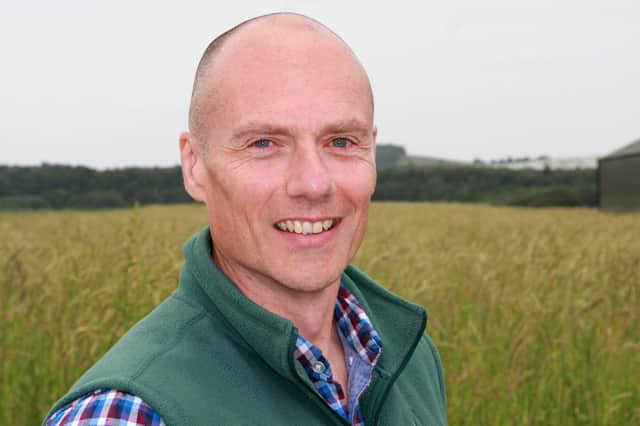It’s time to think about what ‘rewilding’ means to you - Dr Dave Parish


Many in rural and urban communities in Scotland are confused as to what exactly rewilding would mean for them, their local environment or the landscape further afield. This isn’t surprising as those in the media and across social media drop the phrase into diverse conversations about climate change, biodiversity loss, health and wellbeing and land ownership – and more. It’s liberally scattered like confetti without a great deal of detail.
It also means different things to different people. Sometimes the focus is on ‘simply’ removing man from the environment; sometimes it’s about reintroducing certain species back into the environment (which is pretty heavily reliant on man’s involvement); sometimes it may even mean trying to imitate the communities around during the Pleistocene. Often it seems to involve planting trees.
Advertisement
Hide AdAdvertisement
Hide AdA Google search of ‘rewilding’ will return over three million responses. The major organisations aligned with this vision defined the term with phrases like “restoring lost habitats and habitat connectivity”, “restoring trophic cascades” and “letting nature heal itself”. There is also a significant human element aiming to “reconnect people to the natural world” and “ensuring wellbeing”. Clearly the term covers a huge topic with lots of nuances – and not easily summarised in a short article for the busy newspaper reader. So, it’s no wonder there is some confusion.
Google also threw up a degree of scepticism in some quarters. Many point out that changing large areas of the environment to accommodate rewilding presumably means removing or greatly altering current activities, like farming, forestry or fishing, raising questions about how we produce food and fibre and increasingly energy for our expanding population. The food supply/security questions are even more pertinent in what looks to be a future festooned with tariffs. And let’s not forget, the “trusting the forces of nature to restore land and sea” approach means that not all wildlife will benefit – there will always be predators and prey, winners and losers, and all this set against a backdrop of climate change.
So why not ask yourself “what do I think of rewilding?” and “what does rewilding mean to me?” The concept in certain forms may be eminently laudable but a lot of people will be significantly impacted, not least those who live and work in the countryside. It needs healthy debate but, like so many issues – and environmental ones in particular – it’s important for clear and proper definition so that when we do discuss rewilding we can see the wood for the trees.
Dr Dave Parish, GWCT Head of Scottish Lowland Research
Comments
Want to join the conversation? Please or to comment on this article.